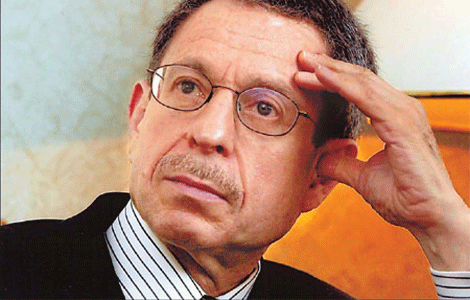Gold could lose its luster after record high
2011-07-13 10:35:14
China's bullion investments may slow down this year compared with the sharp growth in 2010 as record-high gold prices increased the potential risk of price volatility, industry executives said on Tuesday.
European debt, loan data sink Chinese equities
2011-07-13 10:34:41
Stocks on the Chinese mainland fell the most in seven weeks on concern that Europe's debt crisis could spread and higher-than-estimated new loans and money supply could make it difficult for China's government to ease its tightening policies.
Dagong may downgrade US rating
2011-07-13 09:36:51
The US' sovereign credit rating is likely to be downgraded regardless of whether the US Congress reaches an agreement on raising its statutory debt limit, the Chinese rating agency said.
Gold output up 3.7% from Jan to May
2011-07-12 17:31:34
China's gold output in the first five months this year rose by 4.68 tons, or 3.67 percent compared with a year earlier, to 132.02 tons, according to figures released Tuesday by the Ministry of Industry and Information Technology (MIIT).
China concepts stocks will survive: Analyst
2011-07-12 17:18:48
Stocks of Chinese companies that traded overseas will survive the accounting scandal and shorting crisis, an analyst told chinadaily.com.cn in Beijing on Sunday.
Hong Kong stocks close 3.06% lower--July 12
2011-07-12 16:42:09
Hong Kong stocks tumbled 684.07 points, or 3.06 percent, to close at 21,663.16 on Tuesday, following sharp decreases overnight in the U.S. stock market.
ChiNext Index closes lower--July 12
2011-07-12 16:34:19
The ChiNext Index, launched by the Shenzhen Stock Exchange (SZSE) on June 1, 2010, fell 11.32 points, or 1.25 percent, to 891.99 on Tuesday.
China stock index futures close down--July 12
2011-07-12 16:30:06
China's stock index futures closed down on Tuesday with the contract for July, the most actively traded, down 1.85percent, from the previous day to 3,054.6 points.
China stocks fall 1.72%--July 12
2011-07-12 15:46:17
Chinese shares closed lower Tuesday with the benchmark Shanghai Composite Index down 1.72 percent, or 48.11 points, to close at 2,754.58.
Bank lending hits 633.9b yuan in June
2011-07-12 11:22:44
China's new bank lending, an important indicator of the monetary policy, hit 633.9 billion yuan ($97.52 billion) in June, up from May's 551.6 billion yuan, the People's Bank of China said on Tuesday.
 China's forex reserves hit $3t in June
China's forex reserves hit $3t in June
$1.7 b raised for China-focused fund: Report
2011-07-12 10:56:42
Asian private equity maven Shan Weijian has raised more than $1.7 billion for a new China-focused fund, the Financial Times reported on Monday.
SAFE underscores stance on hot money
2011-07-12 09:51:42
The State Administration of Foreign Exchange (SAFE) on Monday reiterated its tough stance on curbing hot money inflows, which threatens the nation's financial stability and triggers inflation.











